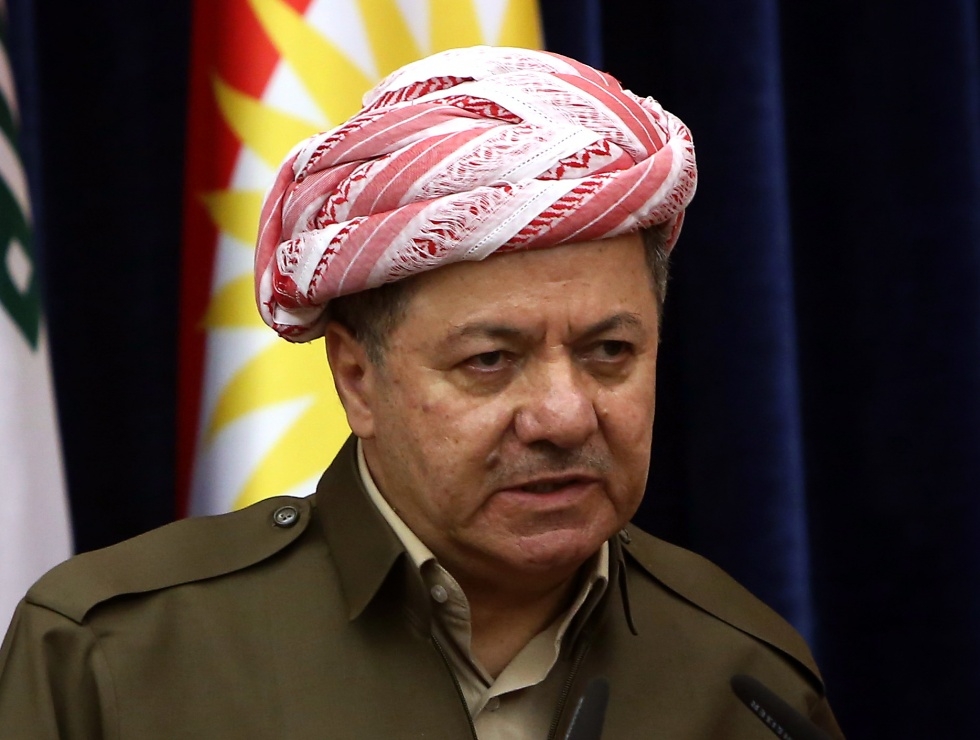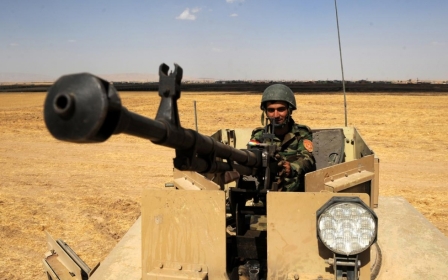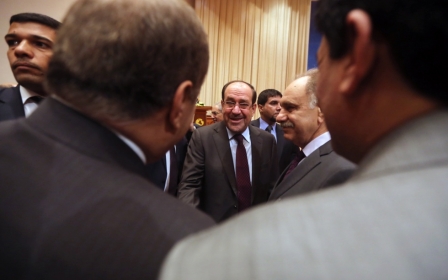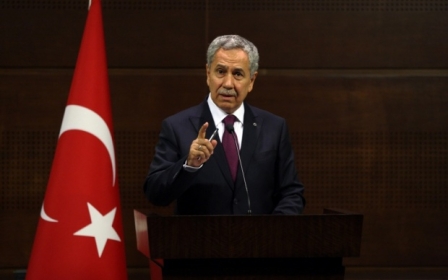Iran mediates in Erbil-Baghdad crisis

Iran has intervened in the growing rift between Iraqi Kurds and the central government in Baghdad by sending mediators to Erbil.
A delegation led by Riza Emiri Mukaddem, deputy secretary of Iran’s National Security Council, arrived in the Kurdish Regional Government’s capital on Wednesday to meet with President Massoud Barzani and other Kurdish leaders.
A statement from Barzani’s office said the Iranian delegation asked him to play an active role in establishing a new Iraqi government and reinstating security in the war-torn country.
Abdullah Akreyi, a Kurdish government official responsible for Iranian relations, said the Iranian delegation wanted a stronger relationship with the Kurdish government and to be kept informed of developments between Erbil and Baghdad.
Tensions between the Kurds and the government of Nouri al-Maliki have risen over recent weeks as the Kurdish authority moves closer to independence, bolstered by the retreat of Iraqi armed forces in northern Iraq. In some areas, such as oil-rich Kirkuk, Kurdish forces have taken control.
Iraq's Kurds have said that Prime Minister Nuri al-Maliki was "hysterical" and not fit to run the country, after the premier accused them of harbouring militants hostile to Baghdad.
Maliki "has become hysterical and has lost his balance", a statement from the office of Kurdish regional president Massud Barzani said, reacting to accusations by the prime minister that his administration was harbouring militants.
"Honestly, we cannot be silent over this and we cannot be silent over Erbil being a headquarters for Daash, and the Baath, and Al-Qaeda and terrorist operations," Maliki said.
Daash is the former Arabic acronym for the Islamic State (IS) group, which Kurdish forces are in fact fighting against in the north, while Baath refers to the banned party of executed Saddam Hussein.
"They (militant groups) will lose, and their host will lose also," Maliki said on television.
Kurdish troops moved into disputed areas vacated by federal forces that failed to stop a Sunni militant onslaught that began on 9 June.
The Kurds have since said those swathes of land were theirs to keep, and announced plans to hold a referendum on independence, and the Kurdish president said the security collapse was of the premier's own making.
"You must apologise to the Iraqi people and step down. You have destroyed the country and someone who has destroyed the country cannot save the country from crises," the statement said.
Middle East Eye propose une couverture et une analyse indépendantes et incomparables du Moyen-Orient, de l’Afrique du Nord et d’autres régions du monde. Pour en savoir plus sur la reprise de ce contenu et les frais qui s’appliquent, veuillez remplir ce formulaire [en anglais]. Pour en savoir plus sur MEE, cliquez ici [en anglais].




